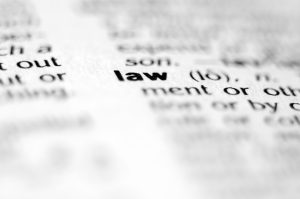
Criminal Defense Law Firm 317-636-7514
A Legal Standard
There are several factors that influence an officer’s level of authority in a situation, but probable cause is one that plays a major role. Probable cause is a legal requirement that must be present or met in order for a police officer to make an arrest, conduct a search (personal or property), or obtain a warrant. Probable cause is facts or evidence surrounding a situation that would lead a “reasonable” person to believe a suspect has committed a crime. Indiana Code § 35-33-1-1 fully-outlines the details of this legal standard.
Examples of Probable Cause
The most common examples of probable cause start with our senses. If a police officer sees, hears, or smells anything that is a sign of a particular crime, they may use it as probable cause. For instance, if a police officer stops a vehicle for a routine traffic violation, perhaps a burnt-out tail light, they can proceed with an investigation if they see an open alcoholic container in the driver’s cup holder. In the same scenario, if the officer smells a strong scent of marijuana or other drug, they can also use that evidence as probable cause to search the vehicle.
In another example, if a tells the police officer that they had a few drinks at the bar, the cop could use that information as probable cause to breath test or implement a field sobriety test. Scenarios that are not considered probable cause include speeding, broken taillights, expired vehicle registration, loosened or crooked license plate, and other routine traffic violations. Also, in order for a police officer to search your private property, they must have a search warrant. However, police do not need a search warrant to search your vehicle if they have sufficient probable cause to do so.
Indianapolis Criminal Defense

David E. Lewis Attorney at Law 317-636-7514
